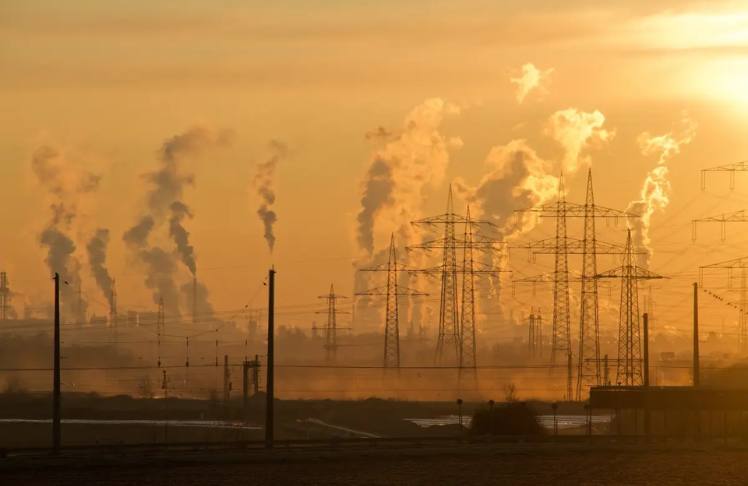
Visually breathtaking moments are a joy, from Simone Biles doing her signature double-flip with a half-twist to Steph Curry nailing one of his lethal 3-point shots. They don’t happen as often as we would like.
But most people experience breathtaking moments from inhaling soot-filled polluted air. Such moments bring no joy — just pain — from seeing a relative having a heart attack to being a child, like I was, suffering from asthma, or hearing others living with asthma yelling, “I can’t breathe.” We need cleaner air to breathe, to live and to thrive. We can get it by reducing pollution. One solution is strong standards on soot pollution.
As young voices in the environmental justice and climate movement, NextGen America is urging the Biden administration to use all their authority to reduce the dangers of air pollution that diminishes the opportunities my generation might have to build health and wealth. An immediate effort to rectify the risks starts with more substantial soot pollution standards to protect the breath and health of our present and future generations.
Earlier this month, the EPA took steps to tighten soot standards. Unfortunately, they were not enough. We need much stronger standards to protect our health, prevent premature deaths and advance environmental justice. Every day the administration delays taking strong actions only means more air and climate pollution in our communities and our lungs.
On average, healthy adults breathe 12 to 20 breaths per minute or over 20,000 breaths daily. Soot is a danger to breathing. It’s a pollutant that can be inhaled, flowing from your lungs directly to your bloodstream, and poses heightened risks for children, seniors, and people with chronic illnesses.
Soot pollution can come from power plant smokestacks, exhaust fumes from cars, buses and trucks, and industrial sources that burn fossil fuels. Therefore, exposure to soot is linked to many health risks and chronic conditions, including asthma, heart disease, COPD, Parkinson’s disease, dementia, low birth weight, greater risk of pre-term birth, and higher infant mortality rates.
If you live and work in areas where the air is clean and pristine, the chances of polluted air exposure from soot may be minimal. But if you are a Black or Hispanic person, if you live in a low-wealth community or other communities traditionally overburdened by pollution, every breath you take probably has an impact on your health and well-being due to soot particles.
Communities of color, especially Black communities, are disproportionately exposed to soot, an unfortunate consequence of decades of racially biased policy-making that continues unabated in many communities today. As a result, Blacks are overrepresented among those who either die prematurely or suffer health problems due to soot pollution.
The lag in creating much stronger soot standards prolongs pollution’s risky health impact on our country and communities. The Biden administration can save nearly 20,000 lives each year with stronger limits on soot pollution. By tightening soot protections, other dangerous pollution from these sources will also be reduced. For Black communities, which are often overburdened with exposure to toxic pollutants, stronger soot standards would also help narrow racial disparities in health outcomes.
Few people may be capable of taking our breath away like Simone Biles or Steph Curry can. But the Biden administration has both an opportunity and a responsibility to deliver a breathtaking policy moment by making stronger soot standards a reality.
Every delay in setting better standards for providing cleaner air, protecting our health, and advancing environmental justice is a deadly blow to our generation’s health. It leaves young people in America facing the deadly consequences for generations. We don’t want the climate and pollution crisis robbing our generation or the next of health and wealth opportunities.
We have the power of our voices to remind the President and EPA to make it a top priority to set federal pollution protections with the urgency science demands and our health and well-being commands to thrive into the future. We also have the power to continue electing climate and environmental justice champions. Our health and our climate can’t wait. We need action now.

Harry Johnson ll is vice president of strategic partnerships at NextGen America, a national public and political affairs executive, serial entrepreneur, fundraiser, and community builder. A North Carolina native, Johnson formerly held a number of senior political roles with multiple gubernatorial campaigns and campaigns for U.S. Congress and U.S. Senate. He also led federal government affairs for Dream Corps, Green For All.















